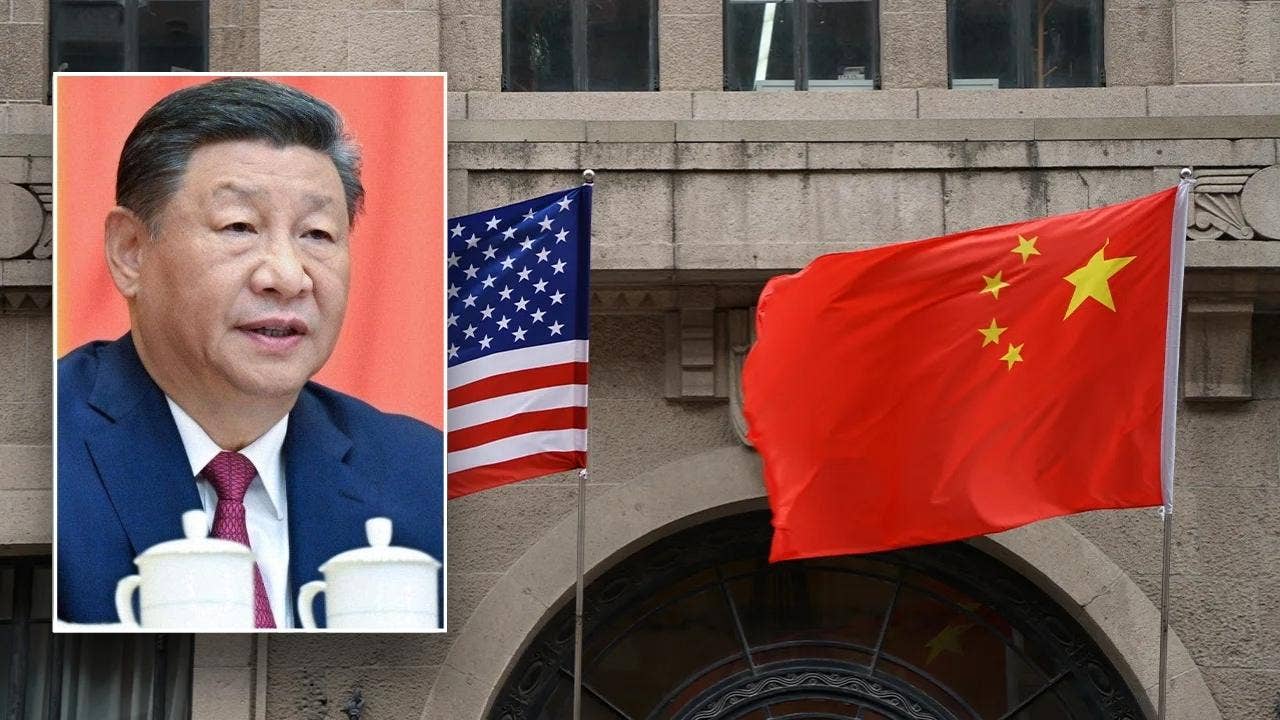Republicans inch closer to ending China’s favored trade status

House Republicans are pushing to end China’s preferential trade status, specifically calling for an end to China’s Permanent Normal Trade Relations (PNTR). With the recent Republican victories in the White House, Senate, and likely in the House, the once longshot idea is now gaining traction.
A spokesperson for the House China Committee stated, “For too long, the Chinese Communist Party has taken advantage of America’s open hand with predatory economic practices that target the American economy, our workers, businesses, and our national security. We believe in free trade with free nations, but as the Committee recommended on a bipartisan basis, it is now time to reset our relationship with China by moving past PNTR to a trade relationship that reflects the threat we face from the CCP.”
In 2000, Congress granted China permanent normal trade relations, leading to a significant increase in imports from China to $500 billion. Critics argue that PNTR allowed companies to outsource manufacturing to China, potentially leading to supply chain issues.
Proponents of ending PNTR suggest that removing the status could cause inflation and allow for further tariffs on Chinese goods. President-elect Donald Trump has proposed a 60% tariff on all Chinese goods and ending China’s favored trade status. Repealing PNTR would automatically reset tariffs on Chinese goods to higher levels.
A group of Republican senators has introduced a bill to end China’s PNTR and increase tariffs on Chinese goods up to 100%. The bill aims to increase tariffs on imports deemed “strategic” to national security by the Biden administration and boost tariffs on non-strategic goods by at least 35%.
The bill, led by Sen. Tom Cotton and cosponsored by Sens. Marco Rubio and Josh Hawley, would grant the president the authority to impose further tariffs, quotas, and bans on specific Chinese goods. It would also end “de minimis treatment” for China, meaning that imports below a certain value threshold would no longer be exempt from customs duties.
The revenue generated from the bill would support farmers and manufacturers impacted by potential Chinese retaliation, purchase key munitions for a Pacific conflict, and reduce the national debt.
Overall, House Republicans are focused on implementing a comprehensive strategy to curb the influence of the Chinese Communist Party and protect American interests in the global market.




